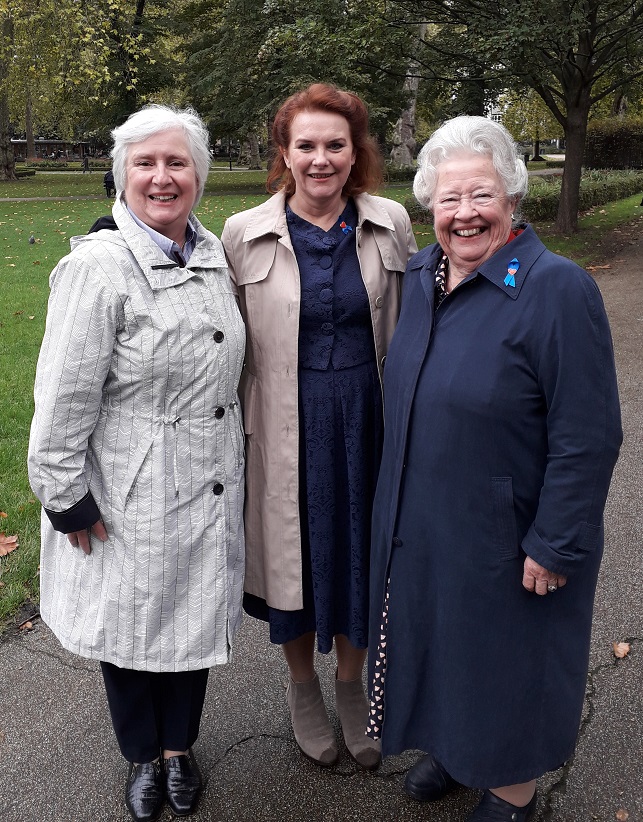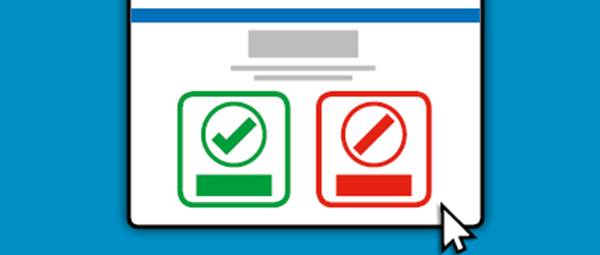NHS Organ Donation Register reaches 25-year milestone
Fittingly, there are now nearly 25 million people on the NHS Organ Donor Register and more than 20,000 lives have potentially been saved or transformed thanks to its introduction.
More than 20,000 lives have potentially been saved in the last quarter of a century thanks to the introduction of the NHS Organ Donor Register 25 years ago, this month 1. This landmark anniversary comes in the same year that England and Scotland were granted Royal Assent for new organ donation laws. Now, the family who campaigned for the register are sharing their initial views on opt-out.
The Cox family story
In 1989, Peter Cox tragically died of a brain tumour, aged 24. He went on to become a donor but in the process his father John, mum Rosemary and sister Christine were shocked to learn that there was no central donor register. If it were not for Peter carrying a donor card – and for them having had the conversation as a family – they may not have known that he wanted to donate.
Following Peter’s death, and in his memory, the Cox family spent five years leading the public campaign for the NHS Organ Donor Register. Through its creation they have gone on to help save thousands of lives – with 7,600 people who were on the register having become donors after their deaths 1. Fittingly, there are now 25 million people on the Organ Donor Register 2.

On the 25th anniversary of the register, Peter’s sister Christine explains how the family have spent all these years hoping for an eventual move to an opt out system:
“I’m so pleased the government has finally supported the move to an opt-out system in England. While it’s fantastic that the NHS Organ Donor Register has been so successful in saving lives, what’s less widely known is that our initial campaign ask all those years ago was for a move to an opt-out system.
“As a family, we always wanted opt-out but were told it was unlikely that we would secure such a big change in policy, so we pushed for the NHS Organ Donor Register instead. We never gave up hope that this initial step, of securing a more centralised system for co-ordinating organ donation, would lead on to further advances and improvements to the process as the years went on.
(Image: The Cox Family and Emma Johnson, mother of transplant recipient and organ donation campaigner Max Johnson.)
“Now the law change is happening it feels right to re-tell this part of our story to show future campaigners that it is possible for anyone to make a difference if you keep fighting for the principles you believe in.
“My brother Peter achieved an unimaginable amount of good by expressing his support for organ donation, and making his decision known to us as a family. My hope now is that society will embrace organ donation with open arms and start a new chapter of a story that started 25 years ago. For us it’s always been about saving as many lives as possible through organ donation.”
Anthony Clarkson, Director of Organ Donation and Transplantation for NHS Blood and Transplant, said: “Thanks to the Cox family’s relentless campaigning the NHS Organ Donor Register has potentially saved the lives of more than 20,000 people. This is an incredible legacy for Peter and we are so very grateful to Rosemary, Christine and the whole Cox family for their tireless work over the years which made this possible. Although the law is changing it will still be the generosity of donors and their families to give the precious gift of organ donation. Regardless of your donation decision, the most important thing is to make sure your family are aware.
“By increasing awareness and understanding of organ donation, we hope to inspire more individuals and their families to donate, so more transplants can happen, and more lives are saved.”
Minster for Care, Caroline Dinenage, said: “The NHS Organ Donor Register, at 25 years old, has already saved 20,000 lives. As we move towards an opt-out system, we have the opportunity to save countless more.
“This is all thanks to the tireless work of the Cox and Johnson families, and demonstrates the power individuals have to make great change – I applaud them for their dedication and generosity. Please, if you want to donate, join the register and share your decision with your family.”
Organ donation law is changing
From spring 2020 in England and Autumn 2020 in Scotland, everyone will be considered as having agreed to donate their own organs when they die unless they record a decision not to donate or are in one of the excluded groups. This system was introduced in Wales in December 2015 and in Jersey in July this year.
Families will still always be involved in organ donation, so it is vital that they know what your choice is. In the lead up to the change in law, NHS Blood and Transplant is urging families to talk and share their decision. If the time comes, families find the organ donation conversation much easier if they already know what their relative wanted. The NHS Organ Donor Register will continue to play an important role in this – any decision recorded will be made available to families before organ or tissue donation goes ahead, to help them support what their relative wanted. Donation will only go ahead with the family’s consent.
This soft opt-out system of consent was introduced in Wales in 2015 and earlier this year it reported the highest consent rate of all the UK nations 3 at 77%, up from 58% at the time of its rule change. It is hoped the law change in England and Scotland will see similar increases, so more lives can be saved or transformed.
Notes
- NHS Blood and Transplant statistics show that as of 30 September 2019, there have been 7,644 deceased organ donors who were on the NHS Organ Donor Register, and that these donors enabled 20,562 transplants. This is since the register was launched on October 6, 1994.
- NHS Blood and Transplant statistics show that as of 30 September 2019 25,570,729 people have opted-in to the NHS Organ Donor Register
- More information on consent rates in Wales is available on the Welsh Government website
English organ donation law has changed
You still have a choice about whether or not you wish to become a donor.

Have you registered your organ donation decision?
It takes just two minutes to register online.
Organ donation law where you live
Organ donation laws vary in different countries across the United Kingdom.
